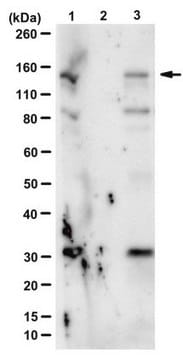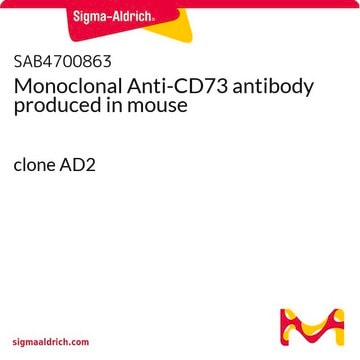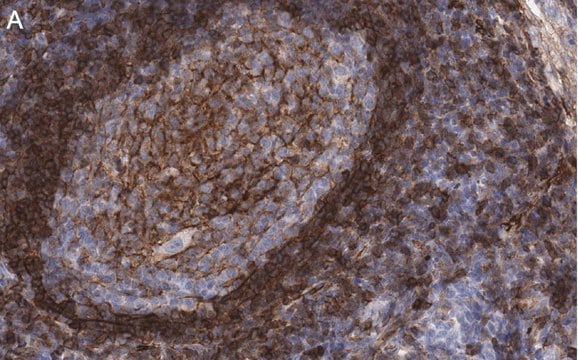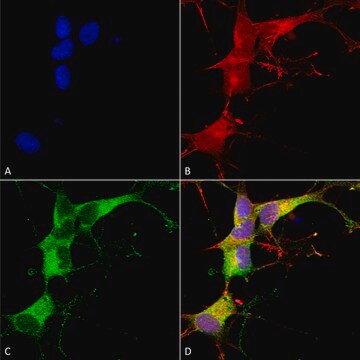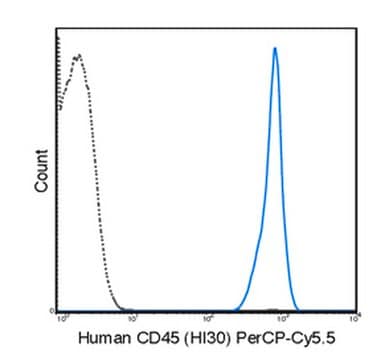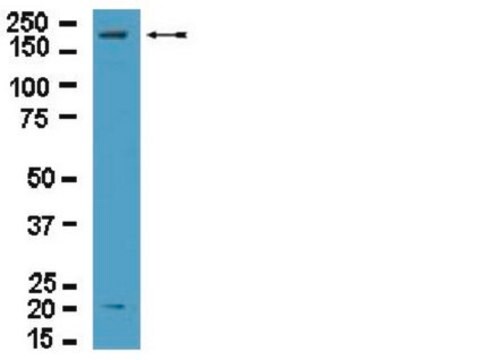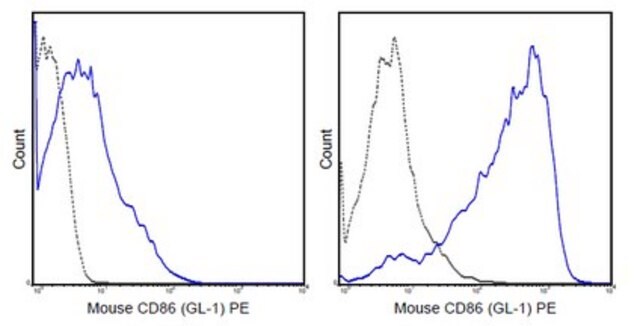07-1014
Anti-Upf1 Antibody
from rabbit
Synonym(s):
ATP-dependent helicase RENT1, Nonsense mRNA reducing factor 1, UP Frameshift 1, UPF1 regulator of nonsense transcripts homolog (yeast), Up-frameshift suppressor 1 homolog, delta helicase, regulator of nonsense transcripts 1, up-frameshift mutation 1 homo
About This Item
Recommended Products
biological source
rabbit
Quality Level
antibody form
affinity isolated antibody
antibody product type
primary antibodies
clone
polyclonal
species reactivity
human
species reactivity (predicted by homology)
mouse, bovine, canine, rat
technique(s)
western blot: suitable
NCBI accession no.
UniProt accession no.
shipped in
wet ice
target post-translational modification
unmodified
Gene Information
human ... UPF1(5976)
General description
Specificity
Immunogen
Application
Epigenetics & Nuclear Function
RNA Binding Protein (RBP)
Quality
Western Blot Analysis: 0.5-2 µg/mL of this antibody detected Upf1 in U2OS cell lysate.
Target description
Physical form
Storage and Stability
Analysis Note
U2OS cell lysate
Other Notes
Disclaimer
Not finding the right product?
Try our Product Selector Tool.
Storage Class Code
10 - Combustible liquids
WGK
WGK 1
Certificates of Analysis (COA)
Search for Certificates of Analysis (COA) by entering the products Lot/Batch Number. Lot and Batch Numbers can be found on a product’s label following the words ‘Lot’ or ‘Batch’.
Already Own This Product?
Find documentation for the products that you have recently purchased in the Document Library.
Our team of scientists has experience in all areas of research including Life Science, Material Science, Chemical Synthesis, Chromatography, Analytical and many others.
Contact Technical Service